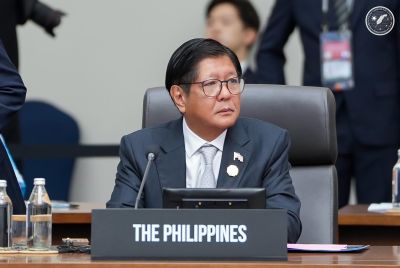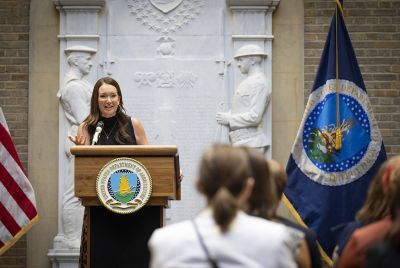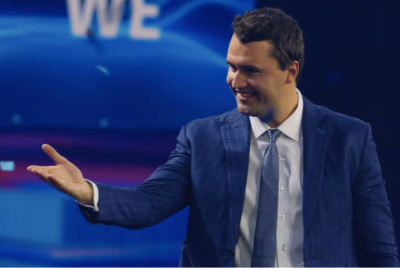'Protect us from Russian persecution' pleads Crimean Tatar politician
A Tatar politician tells IBTimes UK the international community must not forget the persecuted minority.
A prominent Crimean Tatar politician has told IBTimes UK that the international community must push for the safeguarding of the Tatar minority facing persecution on the peninsula.
Tuesday (21 March) sees the third anniversary of Vladimir Putin signing a law in which Moscow formally recognised the annexed peninsula as Russian, a status rejected by the EU and the US.
International rights groups, including Amnesty International, have reported how Crimean Tatars, who comprise of around 13% of Crimea's population, have been victims of persecution, arrests and disappearances. The prosecutor general of Crimea has outlawed the traditional assembly of the Tatars, known as the Mejlis, whose deputy chairman Akhtem Chiygoz has been detained.
Three years on, Crimea's first deputy information minister, Emine Dzheppar, and Tatar lobbyists like her, think Russia's engagement in the raging war in the Donbass region, in the fight against Syria as well as Isis, may be shifting the sands of the international community's attitude towards Crimea.
"There has been no freedom of speech. There have been prosecutions, kangaroo court and torture," she said, adding that it was important to counter Kremlin-backed propaganda so as "not to let that Russia convince people that everyone is happy in Crimea".
She also said there can be no backing down on international opposition to Russia's claim on the peninsula.
"We have to continue with non recognition politics. There must be no reconsideration of sanctions and we must create and launch platforms to safeguard and defend the people," Dzheppar said.
"Ukraine is never ready to give up Crimea or to let the Crimean issue slip down the agenda just to trade Donbass or anything else. Crimea will be part of Ukraine and nothing can be bargained in this regard," she told IBTimes UK, after an address at the Chatham House think tank.
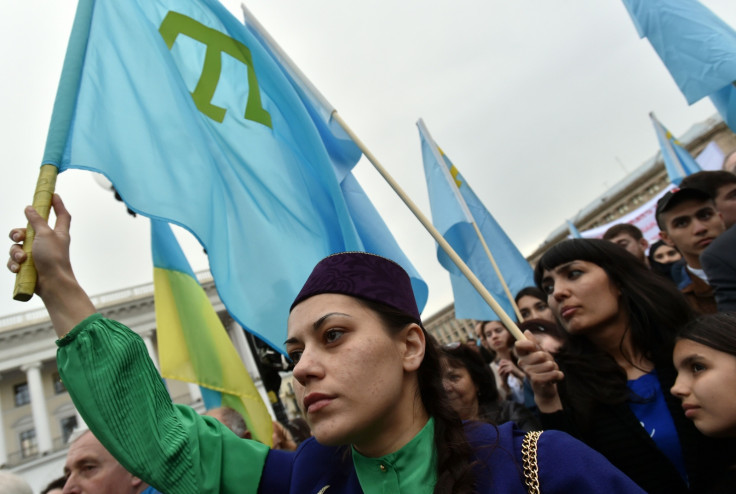
So far the international commitment to non-recognition of Crimea as Russian has been strong. The US pledged on 18 March to keep Crimea-related sanctions against Moscow in place with US State Department spokesman, Mark Toner, saying: "The United States again condemns the Russian occupation of Crimea and calls for its immediate end". Also, the European Parliament issued a resolution condemning Ukrainian citizens arbitrarily detained.
The plight of Crimea's Tatar minority took centre stage in 2016 when the winner of the Eurovision song contest, Jamala, won with her song called 1944, about Stalin's deportation of the Tatars to central Asia, which had a nod to the current status of the predominantly Muslim people who speak a Turkic language.
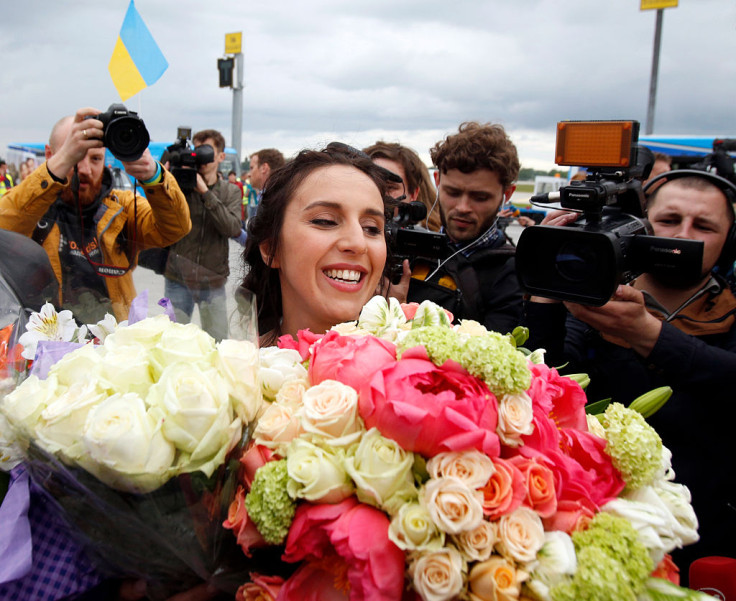
Speculation mounted over whether Russia would send an entry to the contest in 2017. The one chosen to take part, 27-year-old Yuliya Samoylova, from the remote Komi Republic, had controversially performed in Crimea in 2015, thus violating Ukrainian law.
Russia defends the legality of the peninsula annexation as the result of a referendum among the Crimean population with 97% of voters choosing to join Russia. The US and Kiev disputed the validity of the vote.
On 16 March, the Kremlin spokesman Dmitry Peskov said that any deal on Crimea in exchange for the relaxation of Western sanctions is "off the table."
But Emine Dzheppar says that there needs to be a political platform to start discussions about "de-occupation" and protecting Crimean Tatars who are striving to keep their links with Ukraine.
"We are aware that a military scenario is not the best way perhaps and the president of Ukraine says that the political and diplomatic way is the best...There are so many European states that have survived occupation and they know what occupation means and today we are surviving it.
"Without common effort we cannot change the situation. If we had Churchill today I am more than sure that the situation in Crimea would be different, that there would be an attempt not to let Putin take over Crimea and open up the war in Donbass," she said.
© Copyright IBTimes 2025. All rights reserved.







